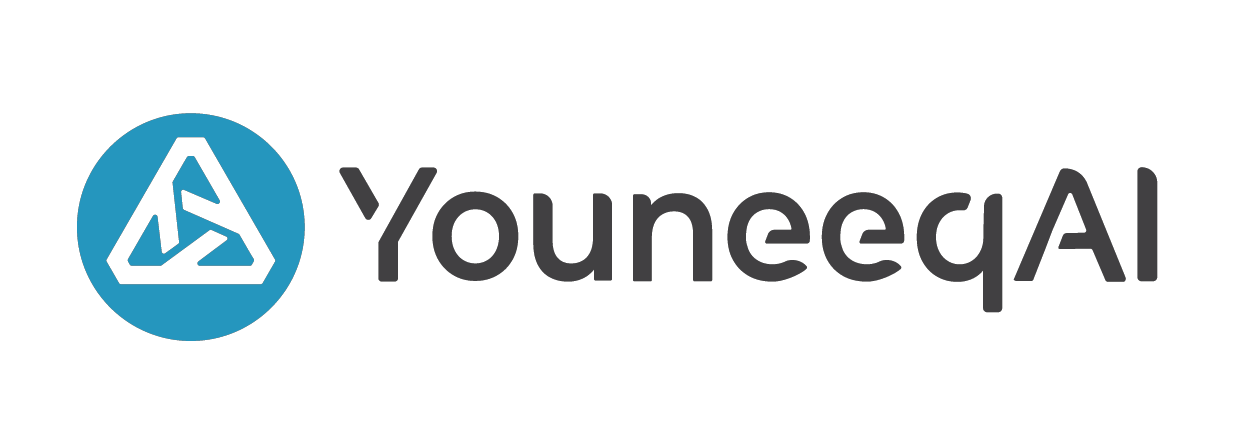
The Power of Privacy: earlier this year, DNA testing helped solve a decades old mystery—who is the Golden State Killer?
One of law enforcements’ primary tools was GEDmatch.com, a site assembled by two genetic genealogy enthusiasts, with help from a large community offering their expertise and genomes. As one of the contributors to GEDmatch’s expertise, genomic data, and funding, it’s empowering to see how this site has helped to bring some measure of comfort to the families impacted by the Golden State Killer, and has helped adoptees find answers about their past. When a community is willing to share personal information for a good cause, there can be incredible benefits.
Here’s the critical flip side to that scenario: privacy is important! Sharing intimate details about one’s life is common among the tech savvy (and not so savvy) alike. This can make it easy to dismiss people’s concerns as, perhaps, paranoid or overly sensitive. The fact that identity theft, data breaches, and general bad seeds take advantage of personal data is a common part of life in the digital age. It should dissuade tech enthusiasts from marginalizing concerns in regards to “over-sharing”.
I don’t envy the position Mark Zuckerberg found himself in this past April. It is, however, very much a beast of his own creation. This is something he has publicly acknowledged and asserted he will work to correct. Why then is it so challenging for the tech blogosphere and community as a whole to accept that Facebook did wrong by its users? At Youneeq, we principally work with anonymized data, but can easily interface with identity management systems or use other 3rd party data, which in turn could be used to de-anonymize information. This is something we do not do because we believe it’s a violation of the trust of end users. This isn’t something that is typically illegal, but without consent, it should be!
As regulations roll out and users react to privacy concerns, the best path forward for the tech industry is transparency. Too often the excuse is used that “our end users don’t understand what we explain to them” as a reason to just not explain, or reveal to them how their actions might be commercialized. My answer to this is we need to change how we talk about privacy. If all your customers spoke French and you only provided instructions in English, that would make no sense. For the same reason, privacy should be relatable to all users of your products and services, empowering them to provide informed consent about whether they want extra bells and whistles in exchange for sharing a bit about themselves—or have the option to keep things private. Information is powerful, and an informed user base is a powerful tool for service providers and those who consume those services.
Mike Lally
[email protected]




